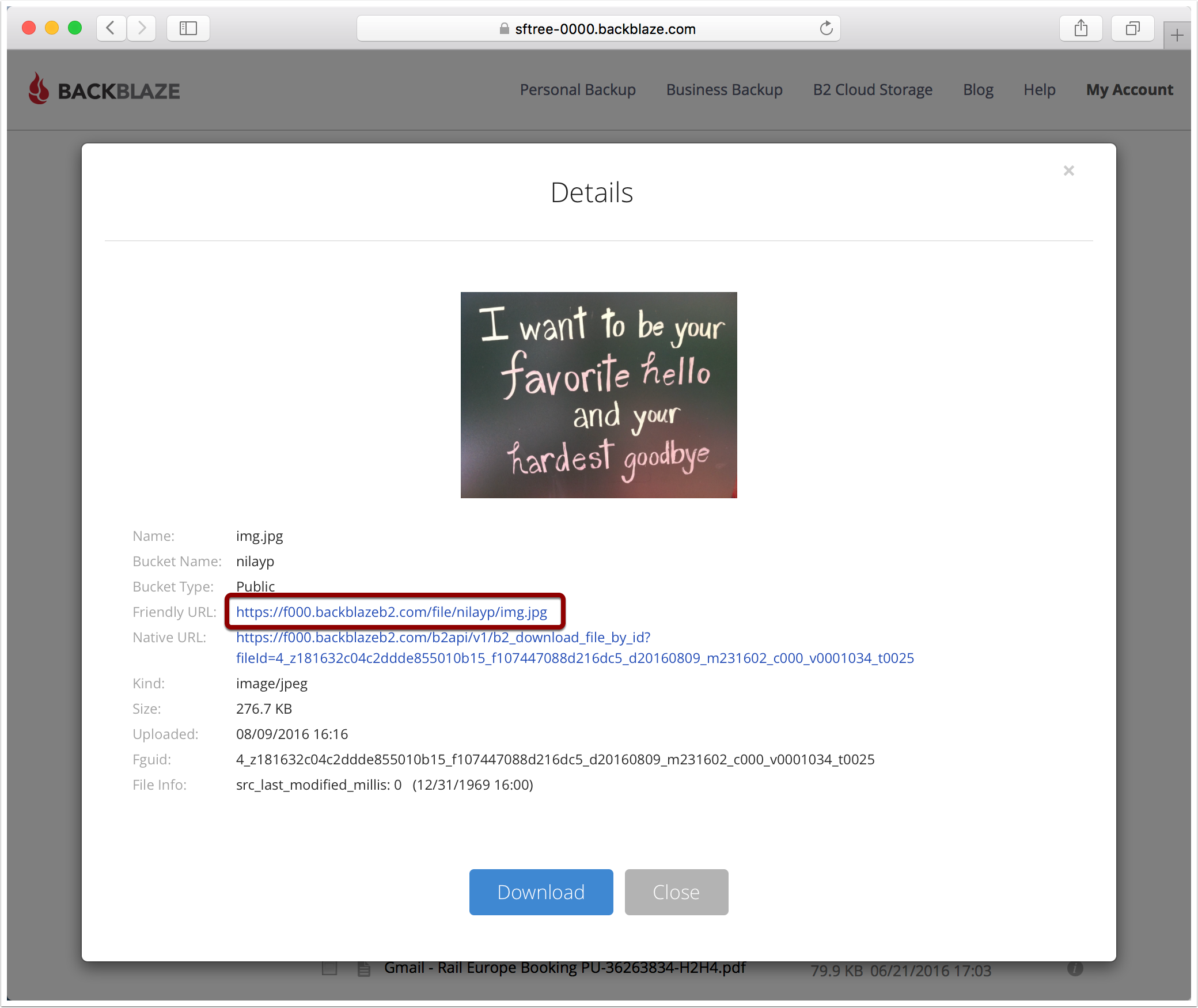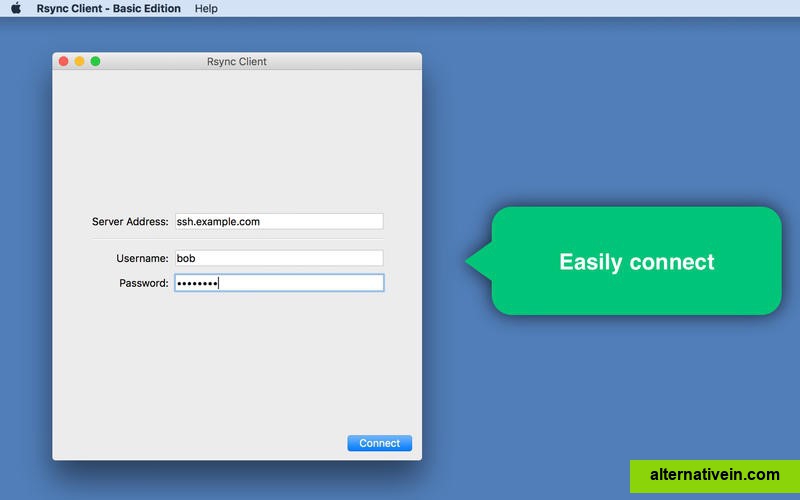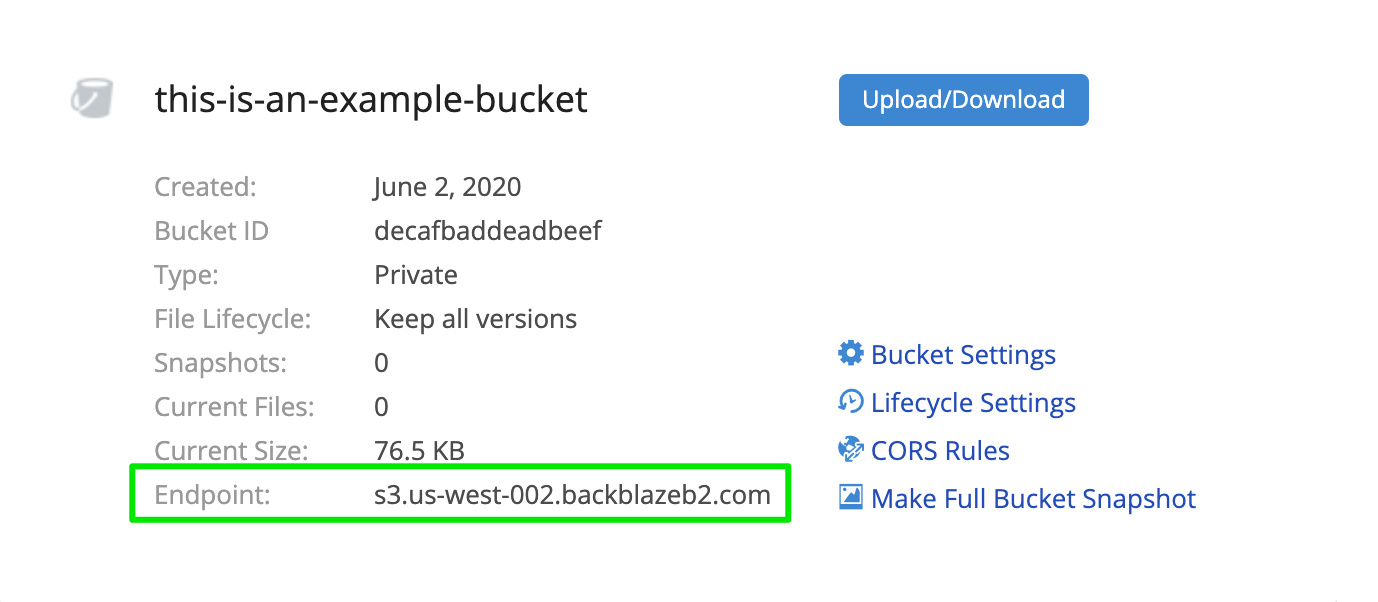

Backing up to a file server is another option, but it will take up more storage space for caching than backing up to another DiskStation. If you recently upgraded to a new DiskStation, your old NAS is an option for storing an additional copy of your data, should you want to. Synology offers a few different options for backing up to an external destination, including another Synology NAS, a file server, or a USB device, and each has pros and cons. Having a copy off-site reduces this risk. It’s also co-located with your production data, putting it at risk of disaster.

Backing up to the same NAS enables speedy restores, however your data is still at risk of hard drive failure. Back up to the same Synology NAS by creating a multi-version local copy.Synology also gives you a number of ways to achieve additional backups, should you need or want to.


When you back your Synology NAS up to the cloud, that completes the strategy with one copy off-site. If you are using your Synology NAS to connect and back up computers on your network, that’s the first step-you have two local copies of your data on different mediums. It means having at least three total copies of your data, two of which are local but on different mediums (read: devices), and at least one copy off-site. The 3-2-1 backup strategy is simple and time tested. In this post, we’ll explain how to achieve a 3-2-1 backup strategy, share some of the benefits of backing up to cloud storage, outline different options for backing up your DiskStation, and give some practical examples of what you can do by pairing your NAS with cloud storage. All the time.) In short, you can store backups on a NAS for easy access, but a NAS itself does not constitute a true backup strategy.įor true protection, you need to implement a 3-2-1 backup strategy that incorporates your NAS with at least one off-site copy-and backing up to the cloud is a great way to do just that. Your Synology DiskStation definitely gives you all of those benefits, but your NAS alone doesn’t fully protect your data from things like a natural disaster, a ransomware attack, or a major hard drive failure (And drives do fail. You probably invested in the NAS to enable easier collaboration and access, speed up restores, make files available 24/7, and achieve a level of redundancy you didn’t have before. If you’re using a Synology NAS for your small business or home office setup, chances are your data is important to you. Editor’s note: This post has been updated since it was last published in 2020 to provide more information on Synology NAS backups.


 0 kommentar(er)
0 kommentar(er)
